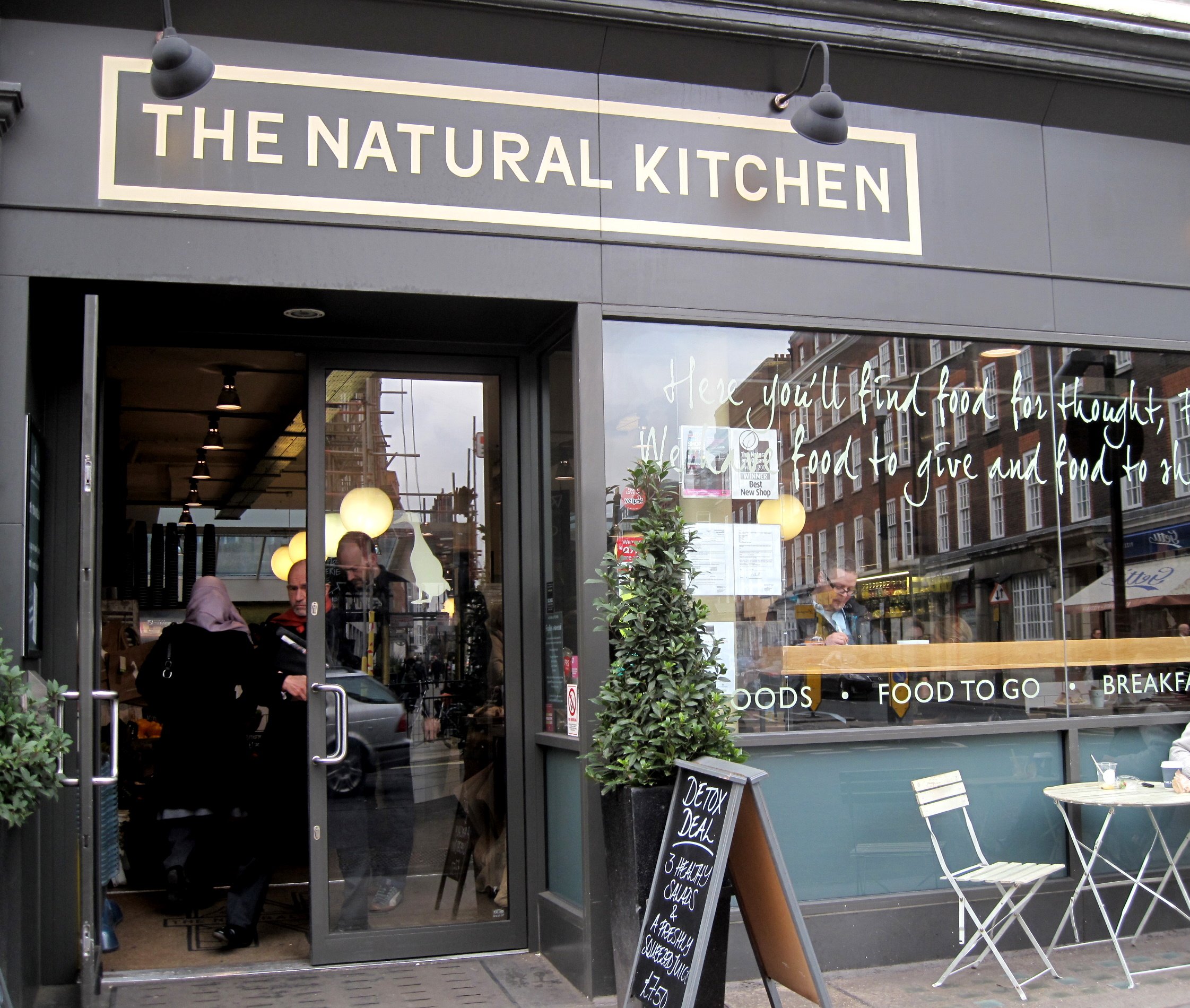 I cycle to work every day - which is almost exactly 10km each way - which takes around 30 mins. So, although I'm pretty fit, its not quite up to the 5 - 6 hrs which it will take me to do the Night Rider. So I decided to start some preparation this weekend by going for a longer ride this morning. Sunday mornings are a nice time to ride as the traffic is quiet and there aren't too many pedestrians around to jump out in front of you - which they do in rush hour!! As much as anything else, I wanted to test my saddle fitness - in other words, see how my 'buns' would take to being on the saddle for a prolonged period.
I cycle to work every day - which is almost exactly 10km each way - which takes around 30 mins. So, although I'm pretty fit, its not quite up to the 5 - 6 hrs which it will take me to do the Night Rider. So I decided to start some preparation this weekend by going for a longer ride this morning. Sunday mornings are a nice time to ride as the traffic is quiet and there aren't too many pedestrians around to jump out in front of you - which they do in rush hour!! As much as anything else, I wanted to test my saddle fitness - in other words, see how my 'buns' would take to being on the saddle for a prolonged period.So I rode into West London, stopped for a quick cuppa in Marylebone High Street at my favourite haunt - the Natural Kitchen - and then went from there across Oxford street, down Regent Street, through Piccadilly Circus, Trafalgar Square and then down the Mall towards Buckingham Palace. From there, I cycled around Green Park, back down Piccadilly, through Mayfair, down Oxford Street and back home from there. 30km in all - just took 90 minutes and no saddle soreness, which gives me a bit of confidence that doing 3 times that distance shouldn't be a problem.
Well I'm really enjoying my new vegetarian diet, and am having a great time being more creative in the kitchen and having more variety - from bulgar wheat and wholegrain rice to soya bean curd, beans and seeds, which are all good protein sources. I've listed some info about proteins in plant based food below as I'm being asked quite frequently "how do you get enough protein?"
Protein rich plant foods
It is recommended that we should have around 40 - 50g of protein a day from all sources...... that's between 0.8 and 1 gram of protein per day for every kilogram of body weight. By eating a reasonably varied diet, vegetarians and vegans easily consume enough protein, and unlike animal protein, plant based protein sources contain healthy fibre and complex carbohydrates and NO CHOLESTEROL!
Nuts: Peanuts and peanut butter are a great source of protein with 8g of protein in 2 tbsps of peanut butter. Ive listed below the protein in 1 oz of the following nuts:
Almonds - 6g
Brazil nuts - 4g
Cashew nuts - 5g
Hazelnuts - 4g
Macadamia nuts - 2g
Peanuts - 7g
Pecans - 3g
Pistachios - 6g
Walnuts - 4g
As a source of protein, their not top of the list as they also contain quite high levels of fat but mixed into a healthy diet alongside other protein forms, theyre great. And of course, they contain other marvellous benefits such as vitamins, minerals, antioxidants and soluble fibre. For more information on nuts, see my post of 26th October
Beans: Black, kidney, pinto beans, lentils, peas and chickpeas all contain around 8g protein per half a cup
Grains: wheat, rye, quinoa, oats and barley are grains with a reasonable supply of protein. Quinoa is the grain with the highest amount of protein with around 9g of protein per 1 cup.
Soya based products are a complete source of protein and evidence has shown that eating moderate amounts (1 or 2 servings per day) can reduce the risk of prostate cancer and lower LDL cholesterol. However, some recommendations suggest limiting intake to 3 or 4 times a week due to the indications that isoflavones in soy can bind to estrogen receptors and effect thyroid hormone.
Just half a cup of tofu contains 20g protein. Half a cup of edamame (young soya beans), contains 9g protein.
Oats: 100 grams of oats cooked with water contains 16g of protein.
 Vegetables
Vegetables


No comments:
Post a Comment